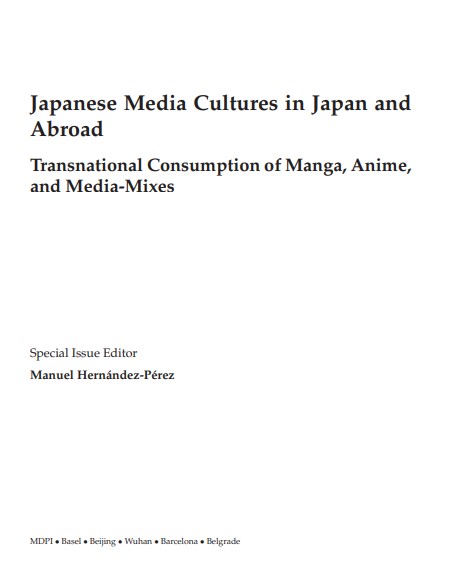
As an alternative reading of anime’s global consumption, this paper will explore the multiple layers of transnationality in anime: how the dispersal of agency in anime production extends to transnational production, and how these elements of anime’s transnationality are engaged with in the transnational consumption of anime. This will be done through an analysis of Shirobako (an anime about making anime), revealing how the series depicts anime production as a constant process of negotiation involving a large number of actors, each having tangible effects on the final product: human actors (directors, animators, and production assistants), the media-mix (publishing houses and manga authors), and the anime media-form itself. Anime production thus operates as a network of actors whose agency is dispersed across a chain of hierarchies, and though unacknowledged by Shirobako, often occurs transnationally, making attribution of a single actor as the agent who addresses Japan (or the world) difficult to sustain. Lastly, I will examine how transnational sakuga-fans tend to focus on anime’s media-form as opposed to “Japaneseness”, practicing an alternative type of consumption that engages with a sense of dispersed agency and the labor involved in animation, even examining non-Japanese animators, and thus anime’s multilayered transnationality.